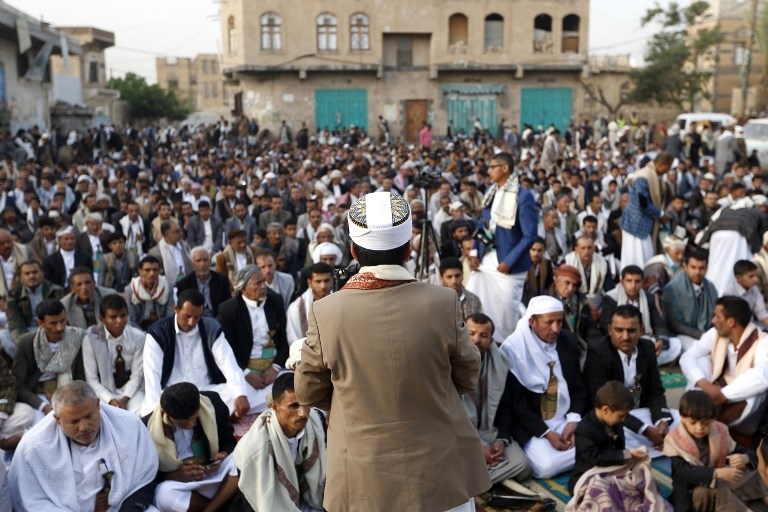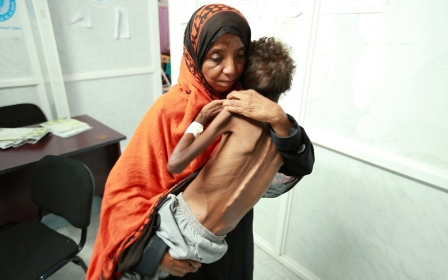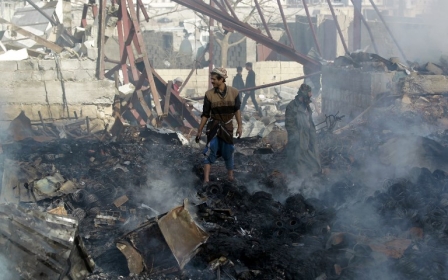Yemen sees steep rise in risk of mass killing: Report

Yemen was named on Thursday as the nation where the risk of genocide or mass killing rose the most last year while Syria topped an annual "Peoples Under Threat" index for the third consecutive year.
The index, by human rights group Minority Rights Group International (MRG), said vulnerable people were at risk in a growing number of no-go zones around the world with a lack of access from the outside world allowing killing to go unchecked.
The report comes after United Nations High Commissioner for Human Rights Zeif Ra'ad al-Hussein last month condemned some governments for refusing access to UN officials while a study this week showed the UN had succeeded in preventing wars.
The 12th MRG index found the risks rose most markedly in Yemen last year with the impoverished Arab country devastated by a war between a Saudi-led coalition and Iran-allied Houthis that has killed more than 10,000 people and left millions starving.
"Parties on both sides of the conflict have violated international humanitarian law with impunity," the report said.
"International isolation is a known risk factor for genocide or mass killing," added Mark Lattimer, MRG's executive director, in a statement.
Yemen was listed as number eight in a list of 70 countries where people are seen as being at risk, behind Syria, Somalia, Iraq, Sudan, Afghanistan, South Sudan and Democratic Republic of the Congo.
Other countries to move significantly up the list last year were Libya, Nigeria, Eritrea and Turkey.
The MRG report said the failed coup in Turkey last year was followed by a nationwide programme of dismissals and arrests of tens of thousands of public officials.
Requests by the UN Office of the High Commissioner for Human Rights (OHCHR) for "effective and unfettered access" continues to be denied, the report said.
"If governments are increasingly evading international scrutiny, this is a serious concern," Lattimer said.
A study released on Wednesday by the US's Dartmouth College and Ohio State University found the United Nations has been an effective force at preventing wars over its history.
The review of over 5,000 voting records found the 193-member state organisation provides a forum for diplomacy and communication, fostering alliances and reducing conflict.
"There is more nuance in voting records than we previously thought," said Skyler Cranmer, professor of political science at Ohio State University.
"The evidence demonstrates that the UN is more effective at achieving its mandate of avoiding wars than many experts think."
New MEE newsletter: Jerusalem Dispatch
Sign up to get the latest insights and analysis on Israel-Palestine, alongside Turkey Unpacked and other MEE newsletters
Middle East Eye delivers independent and unrivalled coverage and analysis of the Middle East, North Africa and beyond. To learn more about republishing this content and the associated fees, please fill out this form. More about MEE can be found here.




